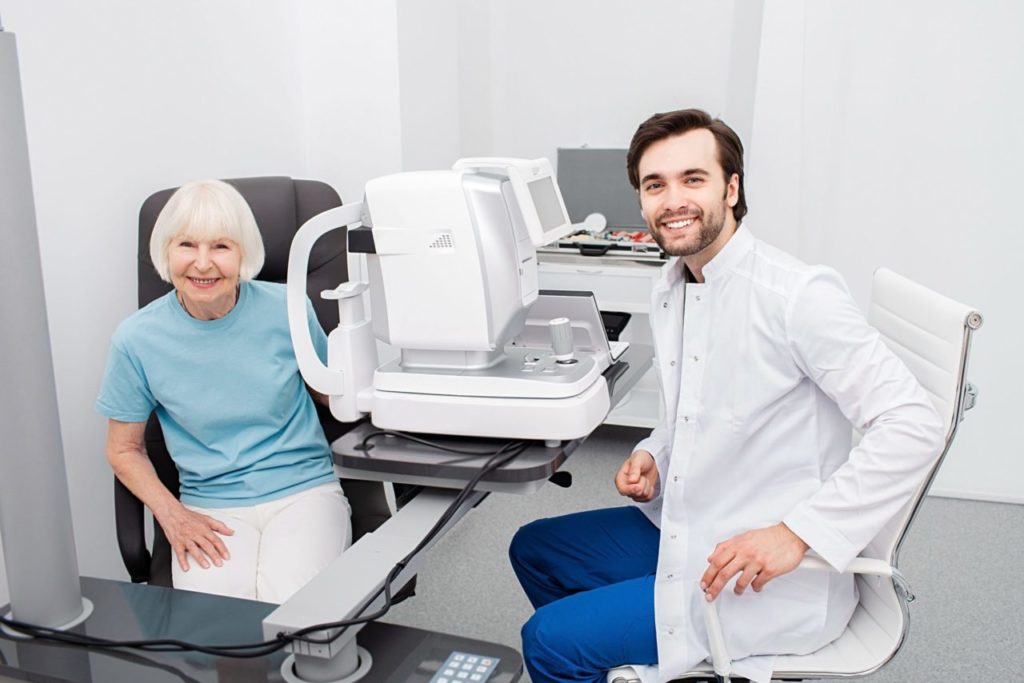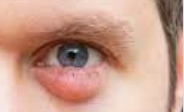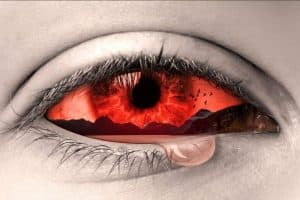With 1 in 2 adults experiencing dry eye, your eye doctor now has many ways to help.
Dry eyes can have a significant impact on your lifestyle. Fortunately, eye doctors have a wide range of options to successfully treat this common eye condition.
You might be surprised at how successful today’s dry eye treatments are – from using the right eye drop to extensive in-office treatments.
Many approaches to dry eye syndrome treat the symptoms without addressing the underlying issues. Today, there’s a shift in medicine toward an overall more holistic approach to treating and healing dry eye — which is key to reversing this tendency.
Here are 8 ways your eye doctor can help to treat your dry eye symptoms.
1. The right eye drops
Many people think the best and only treatment for dry, gritty eyes is choosing from the huge range of eye drops found in the local drugstore.
However, the wrong eye drops can wash away the vital protein, lipids and mucus that create a healthy tear film and prevent tear evaporation.
This, along with chemicals present in some popular eye drops, can actually make dry eye symptoms much worse over time.
You eye doctor can diagnose the specific cause of your dry eyes and can advise you to which eye drops will work best for you.
2. Medication education
Like with the rest of your body, what you eat and the medications you take can have a profound effect on your eyes.
Unsurprisingly, there are many medications that can worsen dry eyes and the right balance of these medications and dry eye treatments are often vital for your health and quality of life.
Your eye doctor can educate you on which medications can actually worsen your symptoms.
Some if these medications include:
- Diuretics
- Antihistamines
- Antidepressants
- Anti-nausea medications
- Anticholinergics
3. Quit smoking
Along with the havoc it can wreak on your lungs, your teeth, and many other parts of your body, smoking can seriously exacerbate dry eye symptoms.
Your eye doctor can discuss the various options to help you quit smoking.
It’s not only smoke from cigarettes, but smoke from bonfires, fireplaces, barbecues and wildfires can also cause intense dryness and irritation.
SEE RELATED: What Is Dry Eye Syndrome?
Schedule an appointment with an eye doctor to discuss the many successful treatments for dry eye.
4. Don’t forget your sunglasses
Sunglasses are an essential part of protecting your eyes against winds, dust and pollen while you’re out and about.
Wraparound sunglasses, as their name implies, wrap all the way around to the sides of your face, increasing the protection they are able to provide from wind, pollution and hot air.
Your eye doctor can discuss which sunglasses are most beneficial for you.
5. Pack heat with warm compresses
Using a warm compress around your eyes can help free up and clean out oil that sometimes clogs the glands around your eyelids.
Your eye doctor can advise which warm compresses will work for you and give you a set of instructions to follow.
6. Exercise is key
Regular exercise can help with dry eye symptoms.
Physical activity increases blood flow all over the body, including to the eyes, and this increased circulation helps keep your eyes well hydrated.
Your eye doctor can provide information of the benefits of exercise and keeping on top of your overall health.
Aim for some physical activity for 30 minutes at least a few times a day.
7. Vitamins and supplements
Specific vitamins, especially omega 3 supplements, can add essential oils to your eyes to reduce uncomfortable dry eye symptoms.
Your eye doctor can discuss the amount and source of omega 3 oil that you may need as part of the successful management of your dry eyes.
The right daily dose of omega 3 can be essential to eliminate dry eyes.
8. In-office options
Many approaches to dry eye syndrome treat the symptoms without addressing the underlying issues.
In-office treatments for dry eyes now include pulsed laser devices and intense heating and massaging of the eye and eyelids.
LEARN MORE: Guide to Dry Eye
Schedule an appointment with an eye doctor to discuss the many successful treatments for dry eye.
Dry eyes can have a significant impact on your lifestyle.
Fortunately, eye doctors have a wide range of options to successfully treat this common eye condition – from using the right eye drops to in-office treatment options.










